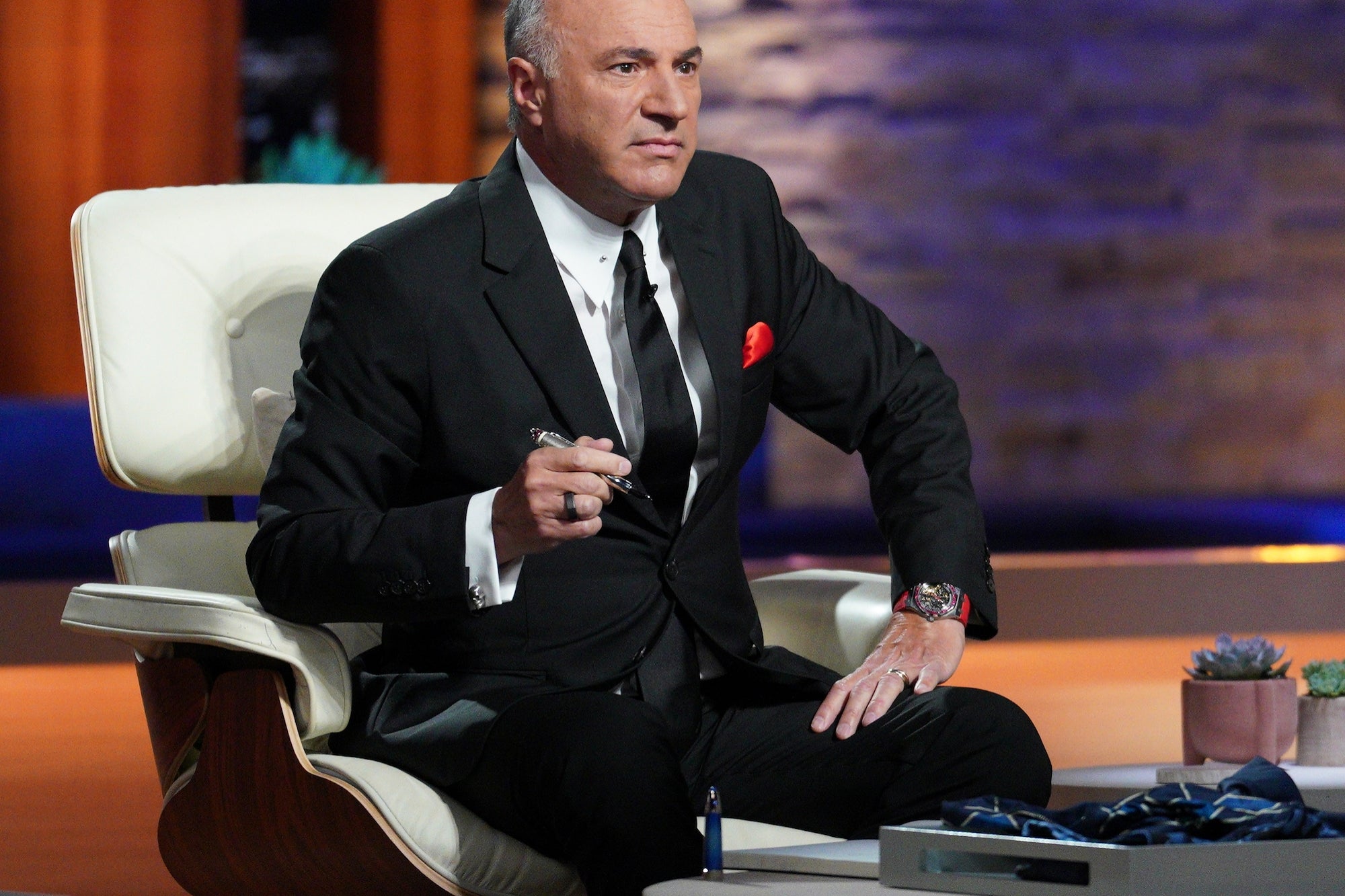OpenAI Just Released Its Text-to-Video Generator, Sora. Here's How the New AI Could Impact Small Businesses and Creators. Sora has a variety of use cases for businesses, from social media campaigns to video creation.
By Sherin Shibu Edited by Melissa Malamut
Key Takeaways
- ChatGPT is now able to create videos from text — but only for paying subscribers.
- OpenAI announced Monday that its text-to-video AI generator Sora is now widely available for Pro and Plus subscribers.
- Sora can create videos up to 20 seconds long, opening up new use cases for businesses.
OpenAI has added a new Sora video generator to ChatGPT that can create videos from text, animate images, and convert existing videos to new styles.
OpenAI made Sora broadly available to the general public on Monday after a video announcement showing off what the AI could do.
Related: Would You Pay $200 for ChatGPT? OpenAI's New Reasoning Model Has a Hefty Price Tag.
Per OpenAI's demo video, Sora starts with a text prompt, an image, or a video, which it then uses to generate videos in resolutions from 480p up to 1080p. It currently produces anywhere from 5 seconds to 20 seconds of video.
Sora can also generate different options for the same prompt. So if a user isn't sure what they want their AI video to look like, they can ask Sora to generate one, two, or four variations of the same prompt to get more options.
OpenAI researchers demoed four variations of the prompt "A wide shot of woolly mammoths walking through a desert landscape" in a 480p resolution with 10 seconds of video.
How Much Does Sora Cost?
The cost of the service is included in the company's paid plans.
ChatGPT Plus subscribers who pay $20 per month get up to 50 generations monthly. ChatGPT Pro subscribers, who pay $200 monthly, can generate an unlimited amount.
Related: OpenAI's New Project Isn't 'Broadly' Available Yet — But It's Already Setting Off Alarm Bells
What Was the Sora Controversy?
OpenAI first previewed Sora in February. From the start, Sora was controversial and set off alarm bells because of its potential to create deepfakes or highly realistic videos of people.
Sora product engineering lead Rohan Sahai acknowledged the challenge with content moderation in the announcement video.
"We obviously have a big target on our back as OpenAI so we want to prevent illegal activity of Sora, but we also want to balance that with creative expression," Sahai said. "We know that's something that will be an ongoing challenge. We might not get it perfect on day one... Just give us that feedback, we'll be iterating."
Though OpenAI teased the dreamscapes that Sora could create from text, a small group of artists were upset with the company for asking them to be unpaid testers for Sora. These artists leaked Sora last month for a few hours before OpenAI shut down the test version entirely.
Related: Testers Leak OpenAI's New AI Video Generator, Claiming They Were Used as 'Unpaid Labor'
How Sora Might Help Businesses
Sora generates videos from text, images, and other videos, which could save businesses time and manpower when it comes to creating shareable content.
Businesses can use Sora to refresh videos they already have on hand or create new ones. This can work for creating ads, generating content for social media, and even brainstorming internally. For example, a 20-second video clip created by Sora could kickstart a meeting or create the basis for a social media campaign.
Related: Here's What Sora, OpenAI's Text-to-Video Creator, Can Do









